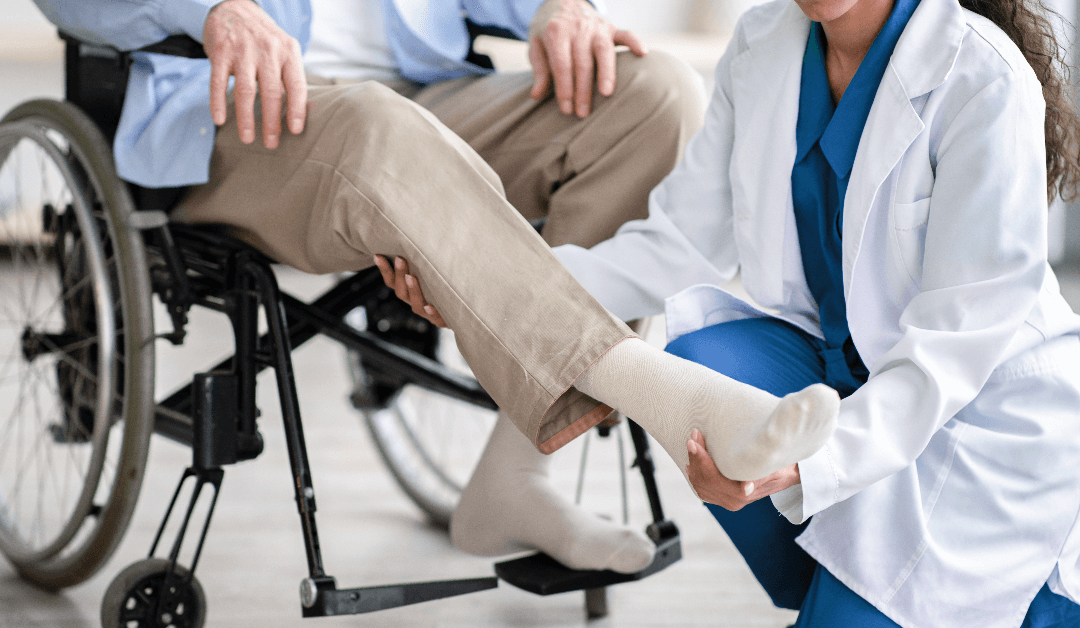The recovery process following foot or ankle surgery is critical. Although the process is often painful, it’s essential to leave your foot to heal well. During the recovery process after the surgery, you need to visit a clinic for check-ups and management. If you’re searching for a good foot and ankle clinic in Celebration, you don’t need to look anymore. Celebration Orthopaedic & Sports Medicine Institute is here to help.
How Do You Cope After A Foot Or Ankle Surgery?
Like other surgical processes, what your body needs is to rest after a surgery. While in the recovery process, an orthopedic healthcare provider is in the best position to offer expert care and comprehensive treatment using advanced techniques. However, it is important to know essential tips to help you through recovery.
Tips For Recovering From Foot Or Ankle Surgery
- Pain management
You’re bound to experience pain after surgery. Your foot or ankle bones are worked upon to correct the flaw, and this can cause pain. Generally, the pain reduces after a few days or a week after, depending on the surgery type.
- Ice on the surgical sites
An ice pack or a bag with frozen vegetables is affordable, and you can mold it around your ankle. It gives a cooling effect, and we recommend icing consistently for a few days after the surgery for about 15-30 minutes.
- Drainage and bleeding
Bleeding after surgery is a regular occurrence. Sometimes, you may see blood on the splint or dressing. You can place another gauze or wrap an ace over your wound dressing but don’t remove the entire surgery dressing.
- Numbness
Foot or ankle numbness after surgery is a normal situation, so far as your toes have their usual color and are warm. A block in the regional nerve of your ankle results in numbness temporarily, and this may last from a few hours to few days.
- Itchy skin
Skin itching is often a side effect of antibiotics, anesthesia, or medications. You can use some over-the-counter drugs to ease the itching.
- Constipation
Anesthesia and other pain medications can result in constipation. If you don’t experience bowel movement in about 2-3 days, drink plenty of water and eat vegetables and fresh fruits to help you.
Other Necessary Things To Do After Surgery
- Urination
During surgery, a Foley catheter is placed in your bladder for effortless urination. They will remove the catheter before going home. If you can’t urinate after 24 hours of surgery, ensure you call your clinic for more instructions.
- Nausea and vomiting
Antibiotics, anesthesia, and pain medications can result in vomiting and nausea. Eat foods like toast, bananas, crackers, rice, and liquids to ease nausea.
- Flying
You are at risk of developing a blood clot after flying immediately after surgery. If you plan to travel, consult your surgeon first.
Contact Us
After a foot or ankle surgery, you need an excellent Celebration orthopedic clinic to help you through the process. Celebration Orthopaedic & Sports Medicine Institute are available to cater to all your needs. Call us here to schedule an appointment with our specialists.

